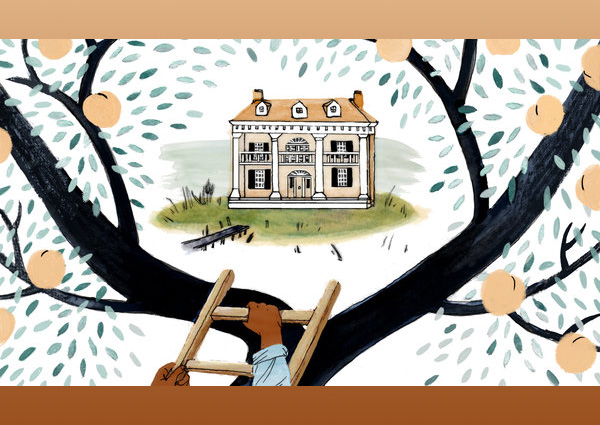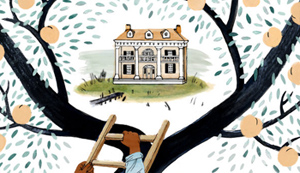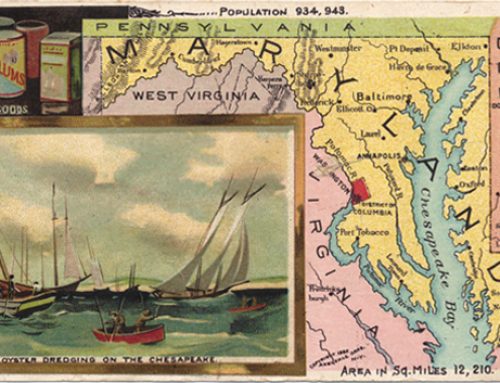The Right-Hand Shore
“The Dispossessed” (The New York Times)
When Thomas Bayly was a little boy, snuggled in his housekeeper’s lap, he asked her why she was called Hattie’s Mary. She told him it was her slave name and she’d chosen to keep it “as a way of always having her mother with her.” “Then he asked her what happened to her mother, and she answered that there are some questions you should never ask. You should never ask a prisoner what he did to get put in jail, never ask a widow whether she gets lonely in bed, and never ask a freed slave what happened to her family. Thomas was perhaps 4 when she gave him these answers, and he retained them until he could make sense of them, one by one.”
Reviews
‘Right-Hand’: A Lush Prequel To ‘Mason’s Retreat’
NPR Review and Podcast
by Maureen Corrigan
“Constructed, Wuthering Heights style, . . . The Right-Hand Shore represents an outing of some of America’s most troubled ghosts . . . Tilghman unfolds his harsh lesson with precision, delicacy and startling humor . . . ‘The Right-Hand Shore’ is the dark, magisterial creation of a writer with an uncanny feel for the intersections of place and character in American history. His readers will want to hear more stories from the Eastern Shore estate. Let’s just hope he doesn’t keep us waiting for another 16 years.” —Fernanda Eberstadt, New York Times Book Review
“Tilghman’s exquisite third novel returns to the eastern shore of Maryland to prefigure the events of his first, Mason’s Retreat. . . . The tale’s descent into tragedy is nevertheless beautiful; ‘creamy yellow’ sunlight and the perfume of peach blossoms pervade Mason’s Retreat alongside its ghosts and horrors. Tilghman maneuvers through the misery of three generations, following each elegant plot turn inevitably back to its source: this living, breathing land on the shores of the Chesapeake Bay.” —Publishers Weekly (starred review)
“The past has a way of making hearts ache in Christopher Tilghman’s excellent novel The Right-Hand Shore. Set in Maryland in the late 19th and early 20th centuries, his story explores the desires that drive people to try to overcome the past . . . Many chapters in his new book could nearly stand on their own as captivating glimpses into the relationships—white and black, owner and workman, man and woman, parent and child—that revolve around the Retreat . . . Tilghman’s skill at presenting the clashing points of view for his characters is matched by his ability to evoke their place and time, whether it’s a Catholic girls school in Paris or a black village on the peninsula called Tuckertown. There’s never a false note, either, only poignant and surprising ones that linger long after the last page.” —Douglas K. Daniel, Associated Press
“A rare achievement. Christopher Tilghman’s vision of the American past—and particularly of individuals caught in the tidal sweep of history—is dazzling in its precision and clarity.” —Charles Frazier, winner of the National Book Award for Cold Mountain
“Christopher Tilghman is a novelist’s novelist in that he can hold the years in his head and then deal them out in a layered story so achingly gracious and incisive that it becomes for a week in a reader’s house the very reason for the chair, the lamp. Offered in Tilghman’s astonishing prose, the story of this place—focusing on two families, two races, the history of a peach orchard, and a love that is both natural and forbidden—is a reader’s deep pleasure. The story flows inexorably through the insistent harm of the period, which is brought to such life that we see it is really our own. This is a big, wonderful novel.” —Ron Carlson, author of The Signal and Five Skies
“This is bold storytelling—a man spends a day listening to tales of the past that become an eloquent set of voices sailing through his imagination and into an intimate history of a place called Mason’s Retreat. It’s a wonderful novel, unfolded in elegant and precise language.” —Bobbie Ann Mason, author of Shiloh




[…] Read all of the reviews. […]